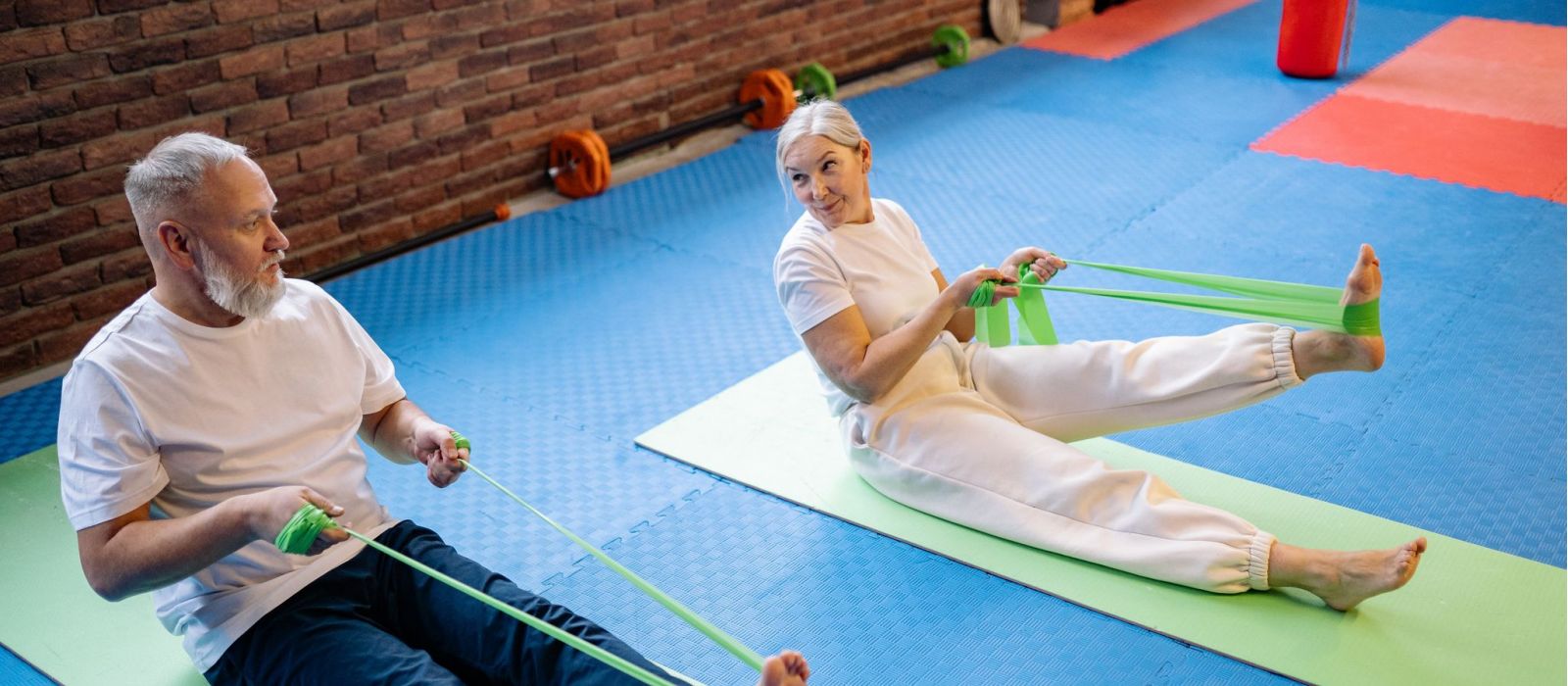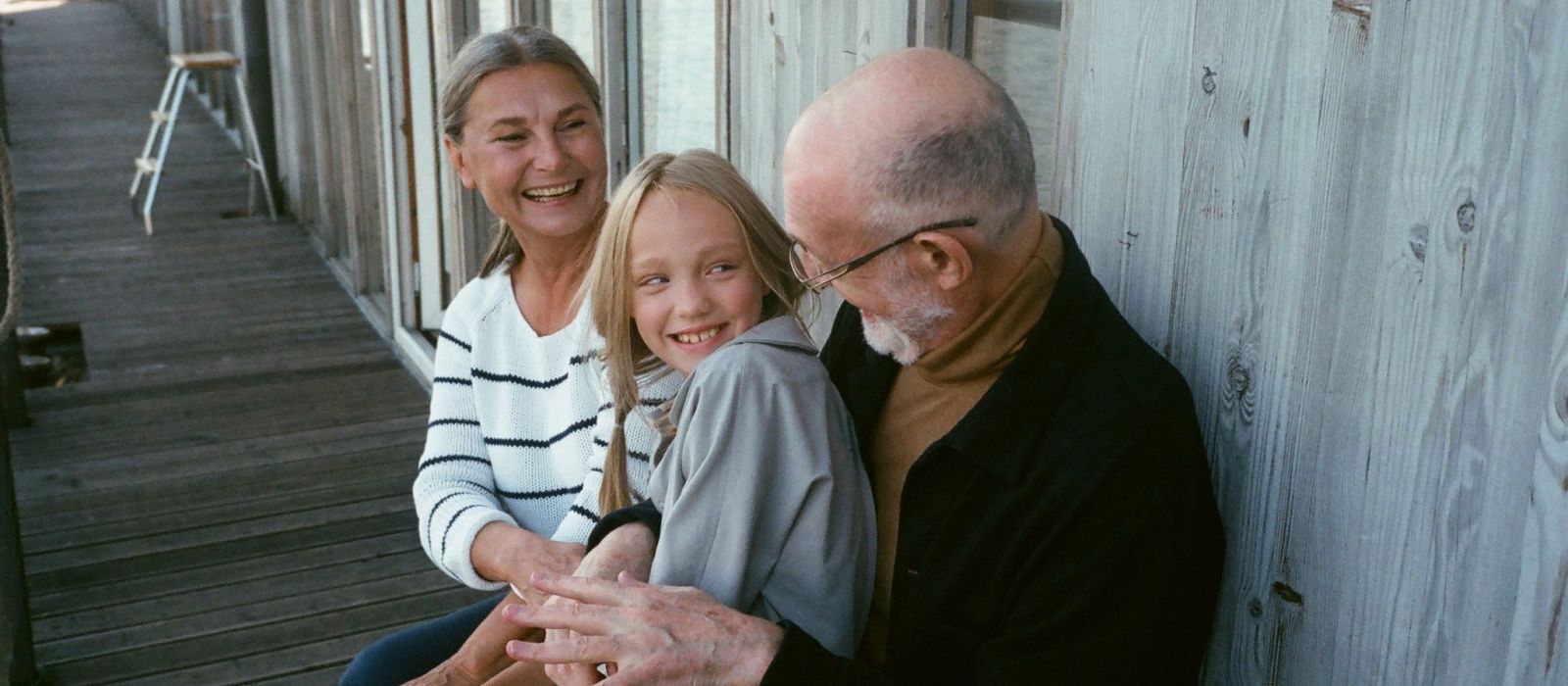Is It Time for Senior Living?

Aging isn’t the end of the road.
Rather, it’s the beginning
of a new one.


Before The Talk

Think Before You Speak

1. Understand Your Options.
INDEPENDENT LIVING COMMUNITIES
ASSISTED LIVING COMMUNITIES
MEMORY CARE COMMUNITIES
SKILLED NURSING FACILITIES
LIFE PLAN COMMUNITIES

2. Clarify Your Goals And Wishes.
Even if you do a good job explaining what modern senior living communities look like, your family members might have a hard time seeing past negative stereotypes and emotional assumptions. For that reason, it’s important that you be able to express not only where you want to spend your golden years, but also why you want to spend them there. Here are a few of the most common reasons that seniors give for moving into a senior living community. Before you speak to your family, think about which ones resonate most with you.
SAFETY
When they think about retirement, most people assume they will want to age in place. When their body stops working the way it used to, however, reality often sets in. When that happens, seniors often realize that aging in place can come with significant risks, including falls—the leading cause of injury among adults 65 and older thanks to their limited mobility—decreased eyesight and increased fragility. For older adults, even minor falls sustained doing routine household chores can have major implications, including broken bones and fractures, head injuries, permanent disability and even death.

Health and Wellness
Even if you manage to avoid falling, you’ll still be prone to medical emergencies. What happens if you have a heart attack, for instance, or a stroke? What if you mix up your medications, or have an allergic reaction? And what about diet and fitness? Malnourishment and muscle loss can be common in seniors, many of whom stop shopping, eating and exercising when it becomes more difficult for them to drive and walk.
Certain types of senior housing, like assisted living communities, have medical personnel onsite who can assist in the event of a medical emergency. Many have meal services that ensure proper nutrition, and most offer amenities and activities to help residents stay active and fit.
Financial Security
Money is a common concern for seniors, many of whom live on a fixed income. If you were to experience a financial emergency, would you be OK? A medical event, for example, could be just as hurtful to your wealth as it is to your health. A home disaster, such as a broken furnace or flooded basement, could be equally disruptive. And then there are financial fraudsters, for whom seniors are often easy prey. Even something as routine as paying bills can become problematic for older adults, whose failing eyesight and limited technological expertise could lead to missed or mispaid bills, which in turn can lead to cancellation or interruption of critical services.
Senior living communities offer stable and predictable expenses, which makes financial planning and management simple. Plus, many communities offer tiered services that can flex to fit any budget.

Socialization
Senior living communities are designed with socialization in mind, offering ample opportunity to participate in organized activities as well as impromptu social engagements.
Support
When friends and family are absent, it’s not just seniors’ social lives that suffer. It’s also their support system. Suddenly, they have no one to check in on them to make sure they’re OK. That can have consequences not only for their mental health, but also for their physical well-being. For example, imagine a natural disaster; in the event of a major tornado, blizzard, earthquake or hurricane, who would make sure you had food, water and heat, or helped you evacuate if it was no longer safe to shelter in place?
Senior living communities have built-in support in the form of neighbors and friends, as well as professional staff. Most communities have essential goods, emergency systems and well-considered preparedness plans they can quickly execute should a major event occur.

Mental Acuity
Aging doesn’t just impact the body. It also impacts the mind. In particular, memory loss from Alzheimer’s disease and dementia can create its own kinds of safety concerns. Seniors with cognitive illness, for example, may be prone to wandering and might endanger themselves with simple acts of absentmindedness, like leaving a hot stove unattended.
Many senior living communities offer memory care services that are designed especially for seniors with Alzheimer’s and dementia.

3. Prepare An Outline.
4. Anticipate Questions

The Talk

A Fruitful Family Meeting
Ultimately, all your planning and preparation are groundwork for a single moment: convening a family meeting to finally announce your senior-living wishes. Like other family meetings you may have had over the years, the ensuing conversation might be unsettling and uncomfortable. But it’s also really important. Keeping in mind the following advice will ensure that everyone feels heard so you can build your future with the support of a family that’s united instead of divided.

1. Make A Date.
2. Break The Ice.
Starting the discussion often is the most difficult part of it. To get things off on the right foot, consider different ways to break the ice. For instance, you could:
Emphasize Your Desires
Your family doesn’t want to deprive you of things that will bring you joy, so that can be a good place to start. Maybe you’ve always dreamed about traveling, for example. Maybe you love to garden, but don’t have the space to do it at home. Or maybe you’re really excited by the prospect of making new friends. Whatever it is, focusing on what you will gain by moving to a senior living community can be an effective way to build support and enthusiasm for the idea.
Acknowledge Obstacles
Have you had health scares or memory problems? Are you having a hard time doing housework or grocery shopping? Are you lonely or isolated? Instead of pretending that everything is fine, consider admitting to your family that you are facing new challenges as you age. When they’re confronted with the reality of your situation, family members may be more receptive to the idea of a senior living community as a practical solution to real problems.
Share Success Stories
As previously mentioned, family members may have false impressions and negative stereotypes about what a senior living community is. A good way to dispel myths and rally support is to share positive anecdotes from friends and relatives who have already made the transition to senior living—particularly those your family members know, like a cousin your adult children remember from family reunions, or a close family friend who they always looked up to.
Focus On The Family
Although it’s your future, there undoubtedly are implications for your family members, too. Focusing on how senior

3. Underscore Your Independence.
4. Make It Clear: This Isn’t Personal.

5. Embrace Empathy.
6. Practice Active Listening.

After The Talk

Next Steps
Meet with a financial advisor
Take A Tour
Delegate Duties and Decisions
Navigate
